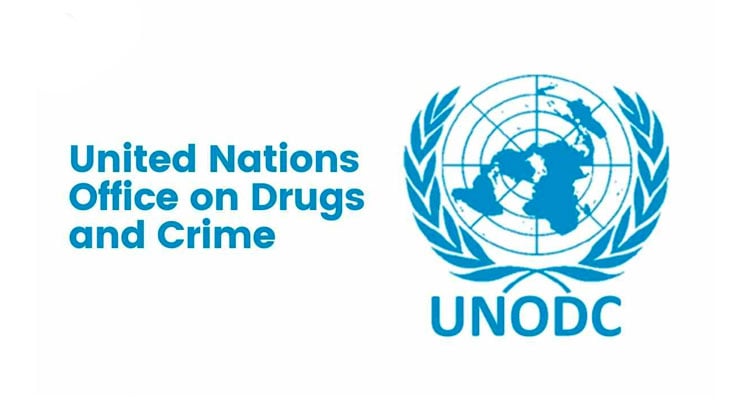In an increasingly complex world of drug control regulation, the United Nations Office on Drugs and Crime (UNODC) stresses that public health should remain a priority, especially when it comes to medicinal use. The UNODC acknowledges that countries need to dedicate more resources to monitor the effects of policies while prioritizing public health over commercial interests.
A recent report from the UN agency reveals that new research into using controlled substances for treating mental health issues shows promise. However, if regulators do not focus enough on public health, they risk exacerbating harm by creating illicit markets or causing medications to be diverted for non-medical purposes.
Designing Robust Frameworks for Medicinal Use is Key to Avoiding Negative Outcomes
According to the UNODC document, poorly designed frameworks for medicinal use can contribute to the formation of illicit markets due to limited supply or diversion of treatments for non-medical purposes. The choices regulators make when outlining a medicinal market play a crucial role in determining its vulnerability to misuse. Factors such as the types of products allowed, who produces for the market, and who has access to cannabis under which medical conditions can all shape the scope and size of a medicinal cannabis regime.
Psychedelics Research Presents New Opportunities but Also Raises Concerns
The UNODC also highlights that clinical trials involving psychedelics for mental health disorders and substance abuse treatment are progressing at an unprecedented speed in some jurisdictions. This provides hope that these compounds may prove effective in addressing certain treatment-resistant psychological conditions. However, the rapid pace of development raises concerns that individuals, particularly young people, may perceive these substances as “safe” or harmless regardless of context, potentially leading to unsupervised and non-medical use.
Cannabis: A Major Contributor to Drug-Related Harms
As the global shift towards more lenient drug control policies continues, the UNODC report underscores that cannabis is responsible for a significant portion of drug-related harms worldwide, partly due to its widespread consumption. The document states: “It is estimated that 41% of global drug-related disorder cases are related to cannabis consumption. In 2021, about 46% countries reported cannabis as being associated with most drug-related disorders and 34% countries identified it as a primary concern for individuals receiving drug addiction treatment.”
Maintaining a Balance Between Innovation and Public Health in Drug Control Regulations
The UNODC emphasizes the importance of carefully balancing innovation and public health when revising drug control regulations. Although new approaches can unlock potential benefits, such as improved mental health treatments, they also present risks if not managed properly.
To minimize negative outcomes, countries must remain vigilant in their pursuit of evidence-based policies and devote adequate resources to monitor the effects on public health. By doing so, they can ensure that advances in drug control regulation serve the best interests of communities while safeguarding against the dangers that come with rapid change.





